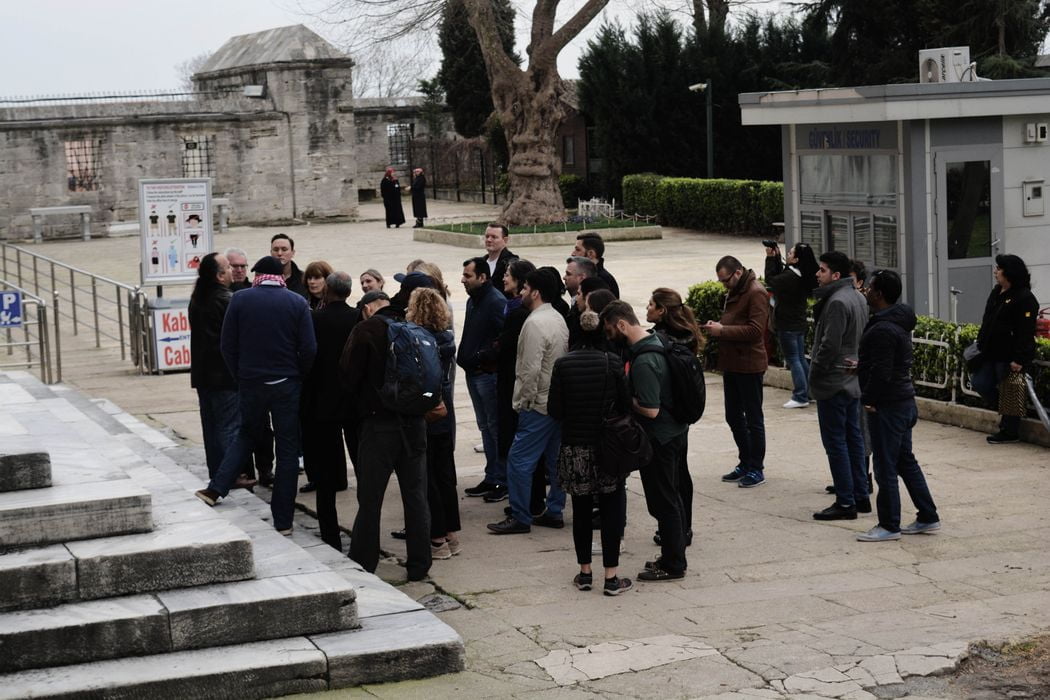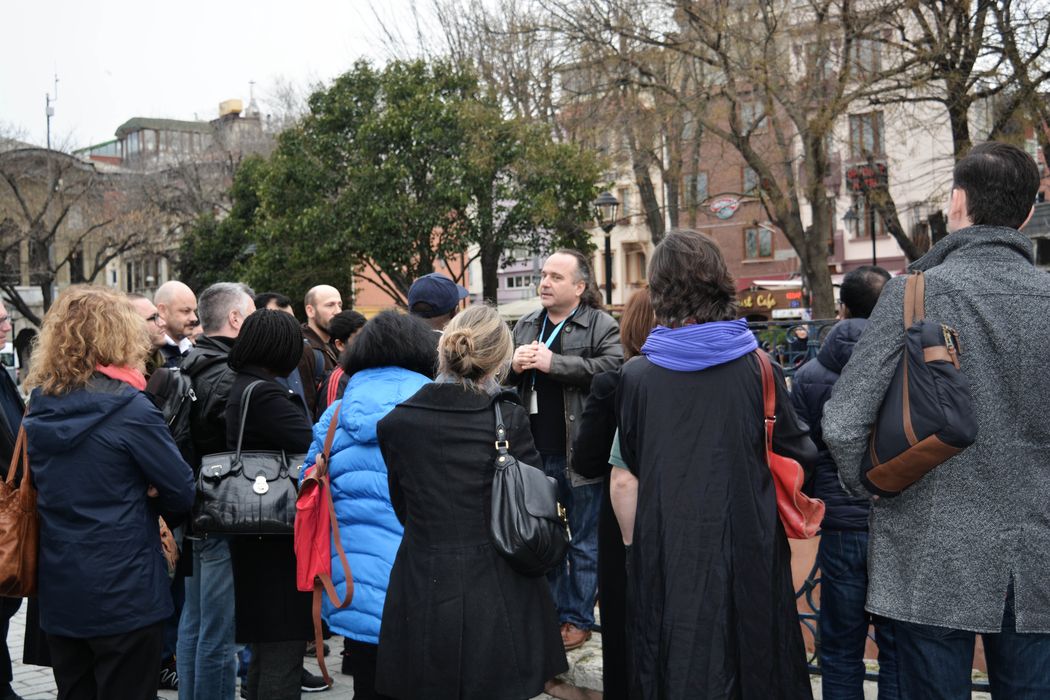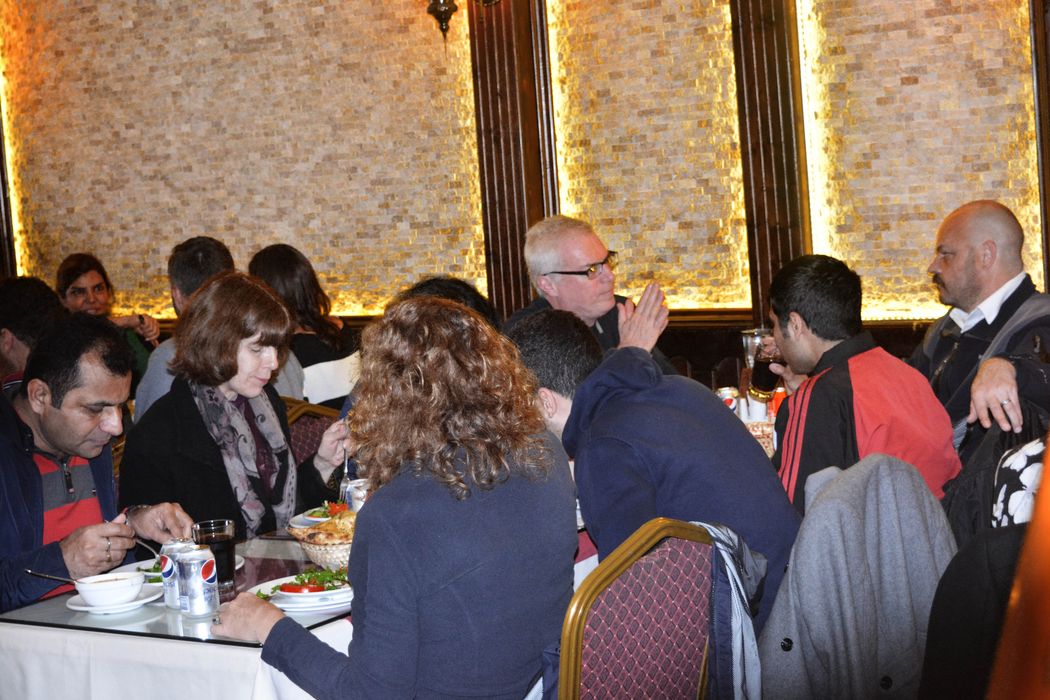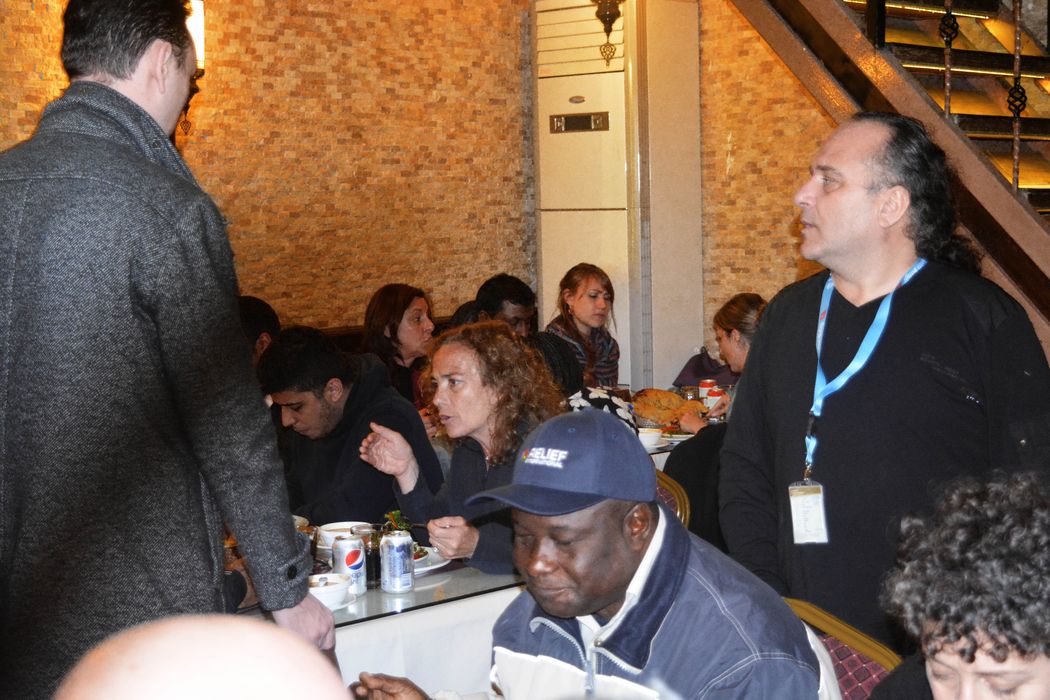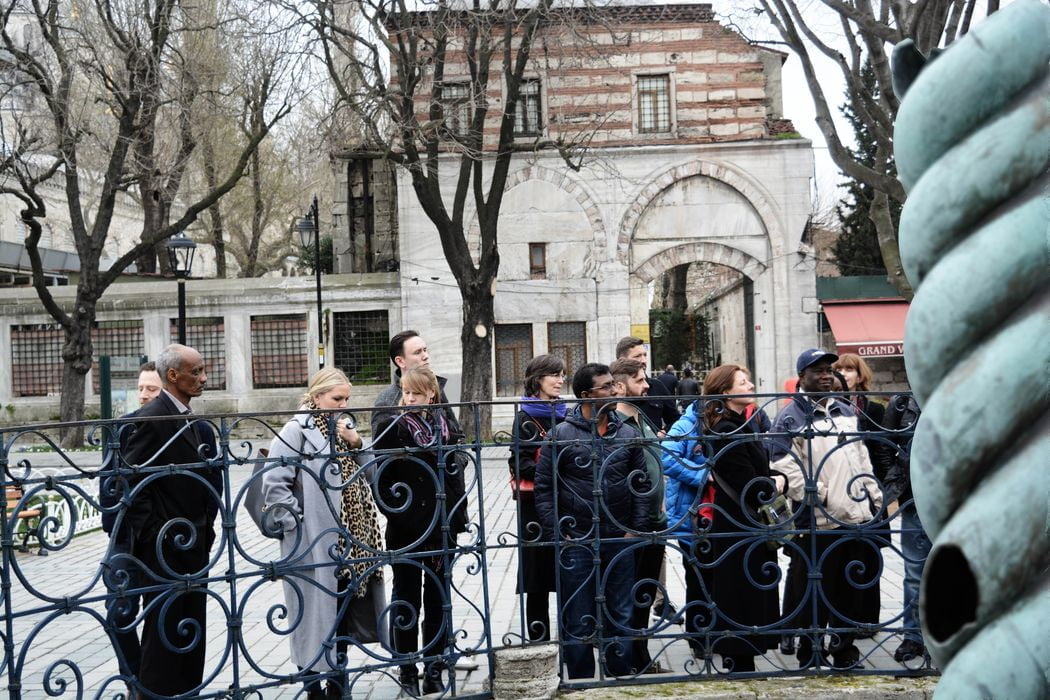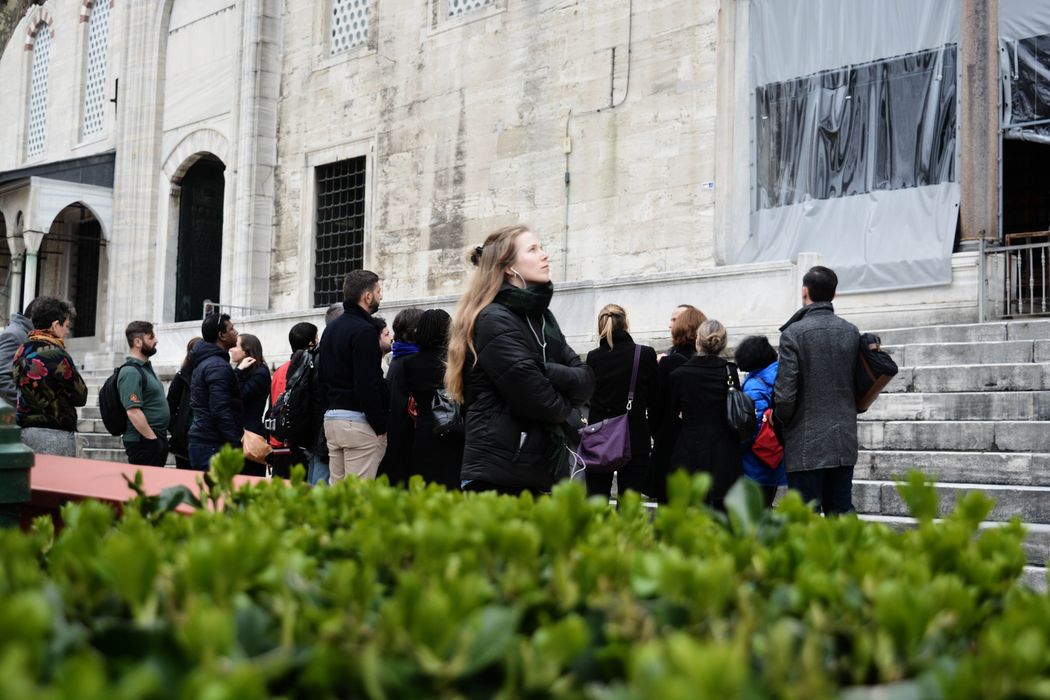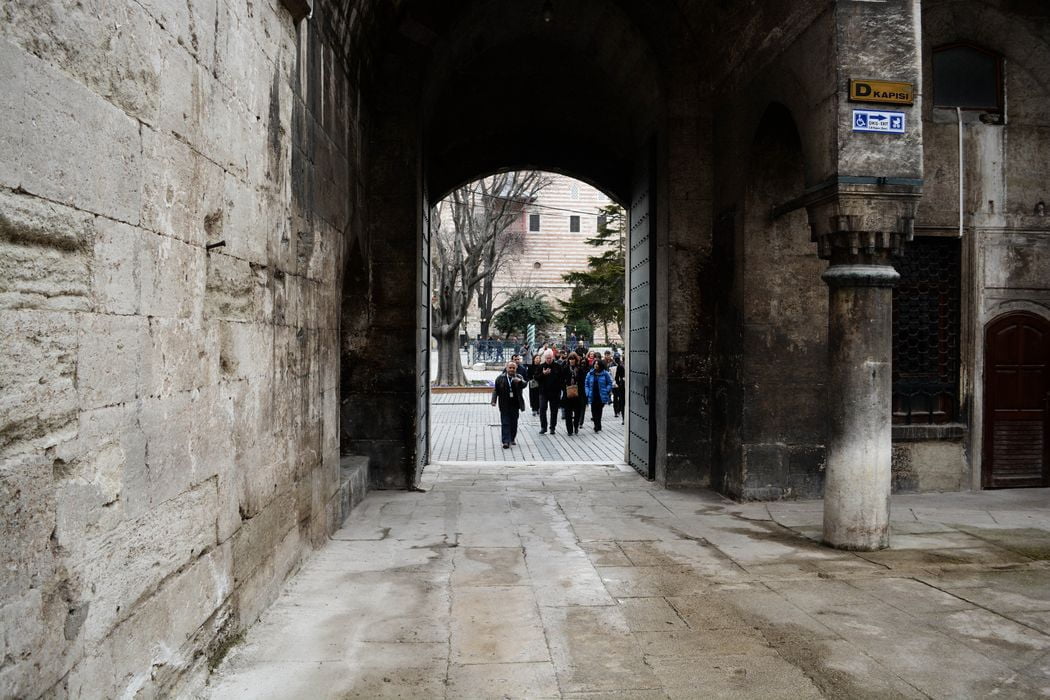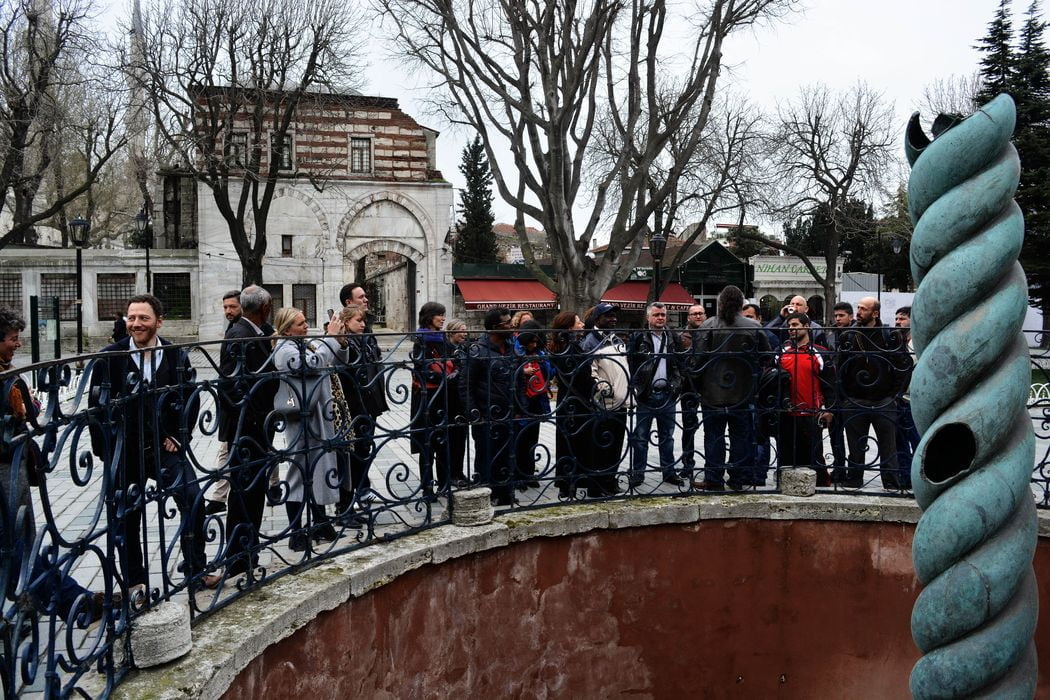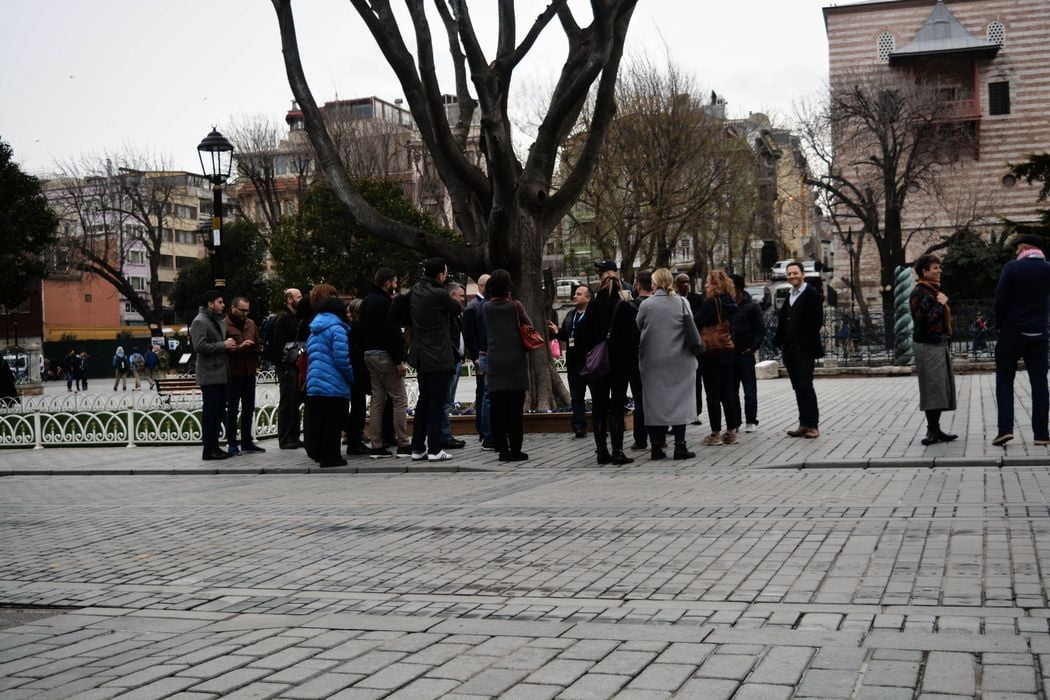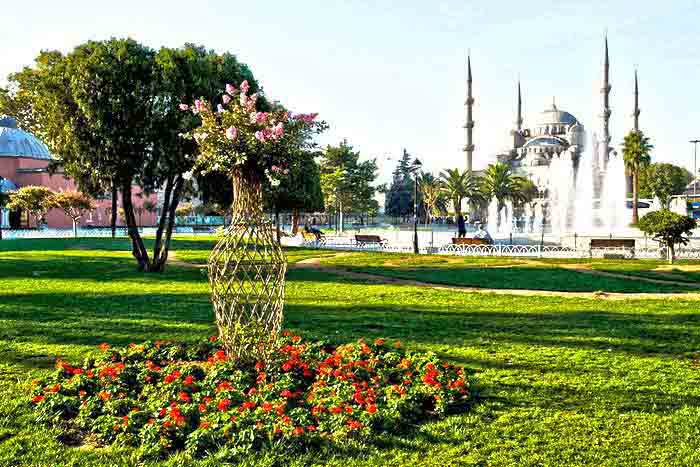Ibn Battuta: Travels in Asia and Africa 1325-1354
Here begins Ibn Battuta’s travels
I left Tangier, my birthplace, on Thursday, 2nd Rajab 725 [June 14, 1325], being at that time twenty-two years of age [22 lunar years; 21 and 4 months by solar reckoning], with the intention of making the Pilgrimage to the Holy House [at Mecca] and the Tomb of the Prophet [at Medina].
I set out alone, finding no companion to cheer the way with friendly intercourse, and no party of travellers with whom to associate myself. Swayed by an overmastering impulse within me, and a long-cherished desire to visit those glorious sanctuaries, I resolved to quit all my friends and tear myself away from my home. As my parents were still alive, it weighed grievously upon me to part from them, and both they and I were afflicted with sorrow.
Ibn Battuta – On reaching the city of Tilimsan [Tlemsen], whose sultan at that time was Abu Tashifin, I found there two ambassadors of the Sultan of Tunis, who left the city on the same day that I arrived. One of the brethren having advised me to accompany them, I consulted the will of God in this matter, and after a stay of three days in the city to procure all that I needed, I rode after them with all speed. I overtook them at the town of Miliana, where we stayed ten days, as both ambassadors fell sick on account of the summer heats. When we set out again, one of them grew worse, and died after we had stopped for three nights by a stream four miles from Miliana. I left their party there and pursued my journey, with a company of merchants from Tunis.
Ibn Battuta travels overland from Algiers to Tunis.
On reaching al-Jaza’ir [Algiers] we halted outside the town for a few days, until the former party rejoined us, when we went on together through the Mitija [the fertile plain behind Algiers] to the mountain of Oaks [Jurjura] and so reached Bijaya [Bougiel.
